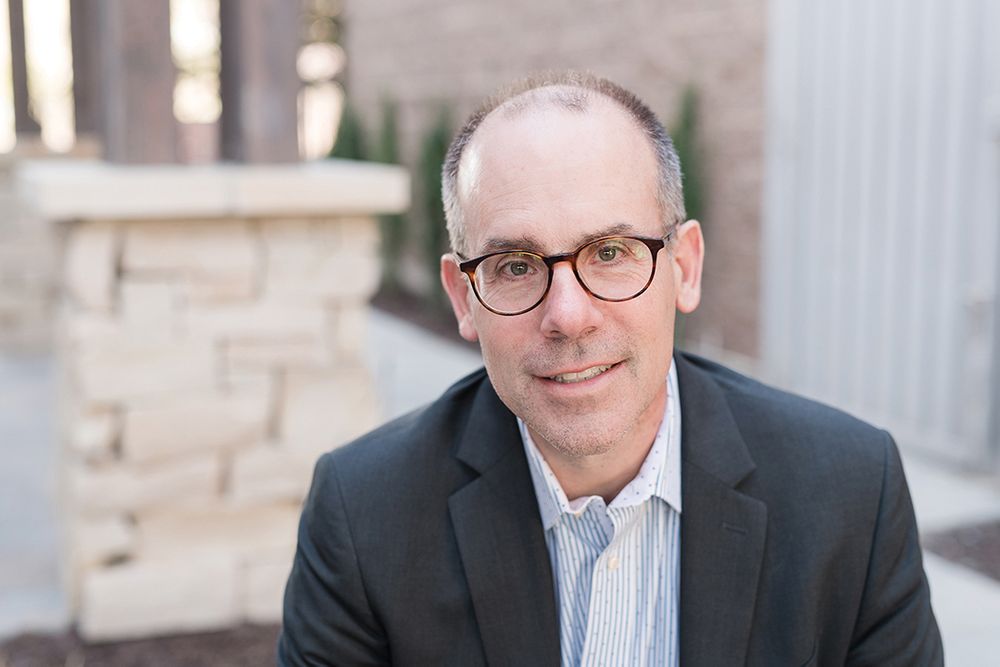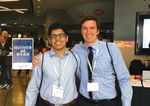This article was published in the Winter 2019 issue
Galileo CEO Clay Wilkes has lived in Utah long enough to be considered a native. He’s raised his family here, and there’s no one more enthusiastic about Utah than he. A serial entrepreneur, Clay chose Salt Lake City to launch Galileo, an API-based, global payments platform. The privately held company, which took on its first venture capital this fall, recently expanded its office footprint to include San Francisco and New York City but remains firmly committed to Utah, where more than 95 percent of its 265 employees reside. By year end 2020, Galileo expects its Utah-based workforce to reach 400.
Here, Clay explains five things he’s learned as a Utah tech entrepreneur.
There’s no better place to start a business.
I had the choice of starting Galileo anywhere and I chose Utah. And, every day since then, I’ve known it was the right decision.
Access to hard working, highly educated, value-based talent and the opportunity to live a healthy, outdoor lifestyle contribute to making Utah where I choose to live and work. The state is also a fabulous partner. Its pro-business attitude is the envy of my colleagues from elsewhere. Utah government is small enough so your voice is heard but large enough to offer a sophisticated business environment, economic incentives, a legacy of financial innovation with the ILC industry and a regulatory sandbox, where participants can test innovative financial products on a limited basis without being licensed or authorized to act under Utah State law.
Ceteris paribus, all things equal, I’d choose Utah every time.
Our local schools are a great source of talent.
Tech businesses, especially fast-growing ones like Galileo, are like coal furnaces. They require continual feeding — not coal, of course — but engineering, technical and sales talent. Although our staff has been educated at schools all over the U.S. and abroad, our local Utah colleges and universities — including the University of Utah, Brigham Young, Westminster College, Weber State and Utah State — provide us with incredibly capable talent, and we’re pleased to have robust on-campus recruitment programs to attract the best candidates.
One on-campus event we value highly is the University of Utah’s annual Hack the U hackathon. We’ve been lead sponsor of the event, which attracts hundreds of student developers, for three years and just extended our financial support through 2024.
You’ve got to make noise to be heard.
Stating the obvious, Salt Lake City isn’t Silicon Valley. That’s good because we avoid the drawbacks of the Bay Area — like the high cost of living, intense competition for talent and frenetic lifestyle. Our location has enabled us to grow into a world-leading payments brand outside the glare of that high-tech hotbed. How many Silicon Valley startups have been a star one day, crashing and burning the next because the spotlight shone too hot too soon?
The downside is we’re sometimes overlooked because of our geography — not out of malice, but because Silicon Valley is the U.S. tech capital.
At Galileo, we address this challenge by proactively forging relationships with journalists, investors, analysts and other tech influencers — and by participating in groups like Silicon Slopes, which promotes Utah-based tech businesses and makes our voice bigger through collective action. And, companies like Qualtrics provide a model of being a Utah-based tech leader and standing out — even in a larger tech ecosystem.
Providing a work/life balance creates a loyal workforce.
Our employees consistently tell us they appreciate the opportunity Galileo offers to combine serious, challenging hard work with their personal lives.
Being in Utah has a lot to do with that. Our employees don’t spend countless hours commuting — either to/from work or to some of the world’s greatest recreational facilities — so they just have more personal time. And, the Galileo work culture reflects the hardworking, yet balanced, Utah attitude. If there’s a great snowfall and someone needs an afternoon on the slopes, it’s fine, provided the work gets done and co-workers aren’t inconvenienced. We need our employees to be mentally and physically healthy, which — long term — requires a sustainable work/life balance.
Our commitment in this area is a key reason our turnover is low, and we have long-tenured employees, unusual for tech firms.
It’s important to give back.
The people I’ve been exposed to as an entrepreneur and the places I’ve had the privilege of visiting have made me hyper aware of the needs of less fortunate people around the world and of my personal ability — combined with the ability of Galileo employees — to take actions that can make the world a better place. These values are found in Galileo’s Core Values and embodied by our people.
In 2005, my wife and I formed the Galileo Foundation in conjunction with long-time friend and Galileo Foundation director Duane Gaines. The Foundation gives our partners, employees and their families the opportunity to work directly with disadvantaged people in the U.S., South America, India and Nepal. We do this through expeditions — held several times a year — that take engaged participants to work on projects like building schools and digging wells. And, most importantly, we teach skills needed to start businesses and stay healthy. In the past several years, we’ve focused on working with girls and young women, many of whom — without support — face a lifetime of unimaginable challenges.
I’m proud of our foundation work, and I’m always humbled by how the entire Galileo team has embraced this commitment to serving and making a difference. This desire to be charitable and to proactively engage is distinctly a Utah trait and heritage, and one for which I have immense gratitude.
Read the rest of the articles in the Winter 2019 issue of Silicon Slopes Magazine


